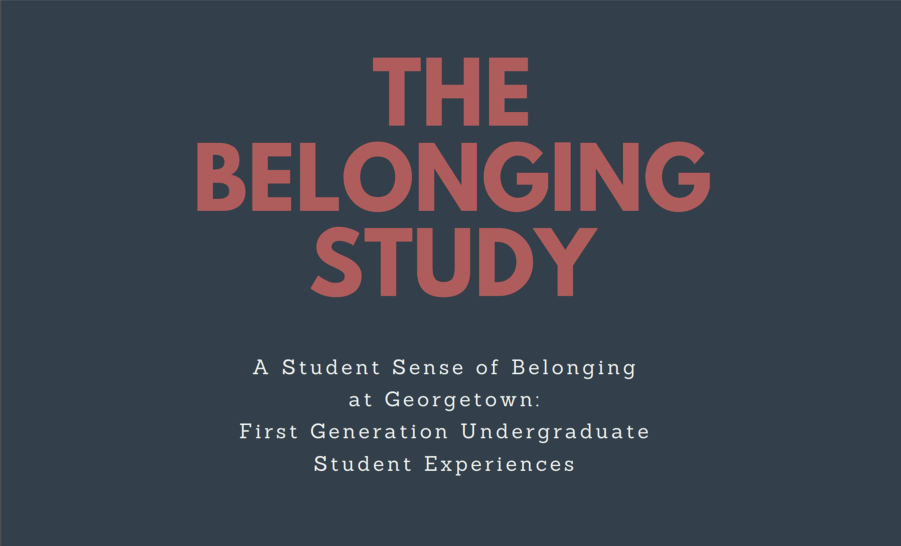Achieving Equity for Latino Students
This book provides a critical discussion of the role that select K–12 educational policies have and continue to play in failing Latino students.
The Hub for Equity and Innovation in Higher Education / August 2020

Not all students experience Georgetown in the same way. For some it’s “home” from the moment they step foot on campus, while for others it can take months or even years to feel “a part of” Georgetown, and for some students it still doesn’t feel like “home” even as they walk across the stage at graduation. Why do students report such differences in experiences of belonging on campus? What can the University do to better understand the various academic, financial, social and structural barriers impacting student experience? Researchers from The Hub for Equity and Innovation in Higher Education – working in partnership with the Georgetown Scholars Program (GSP) and the Center for Multicultural Equity and Access (CMEA) – set out to answer these questions by conducting a study on perceptions of belonging among first-generation undergraduate students. Through the use of a narrative-based survey tool called SenseMaker, students had the opportunity to share and analyze their own stories of moments where they felt a part of or not a part of Georgetown. Eighty-six first generation undergraduate students responded to the survey. Findings indicate that interactions with peers who do not identify as first generation and/or low-income, faculty, and staff can be sources of alienation, while supportive communities on campus (e.g. GSP, Community Scholars Program (CSP)) are most impactful in fostering feelings of belonging. Many on campus have gathered similar stories anecdotally, but this study is one of the first efforts to collect and analyze these experiences in aggregate in order to better shape campus policies and programming decisions